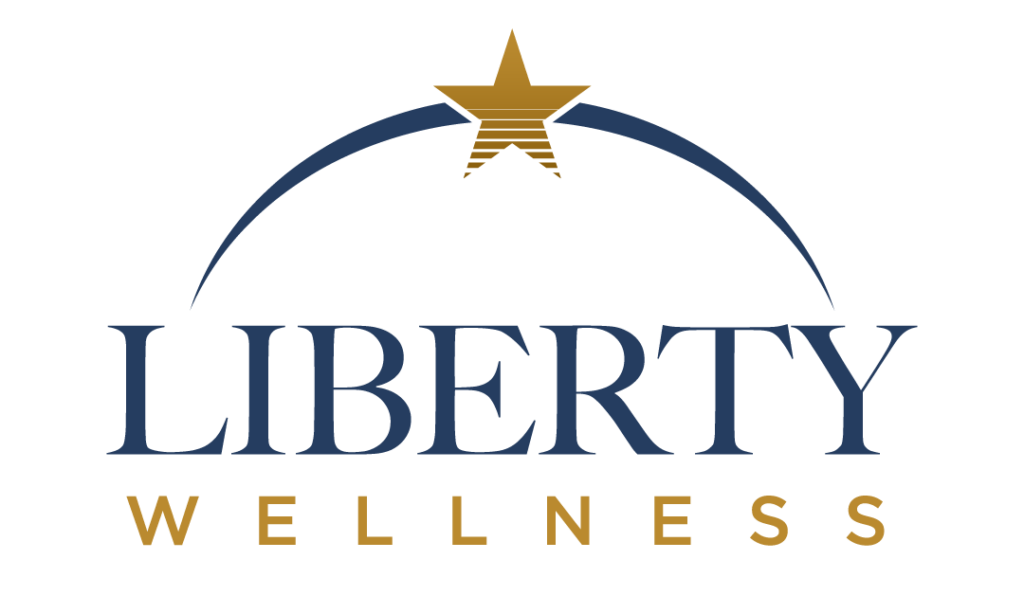Navigating the Healing Process: Strategies to Cope with Trauma
Understanding trauma and its impact on mental health
Trauma is a profoundly distressing experience that can profoundly impact our mental health. It can result from many events, such as physical or emotional abuse, a natural disaster, or losing a loved one. The effects of trauma can be long-lasting and debilitating, often leading to symptoms such as anxiety, depression, and post-traumatic stress disorder (PTSD).
When we experience trauma, our brains and bodies go into survival mode. Our nervous system becomes hyperaroused, and we may find ourselves constantly on edge, unable to relax or sleep. We may also experience intrusive thoughts or memories of the traumatic event, making concentrating or engaging in daily activities difficult.
It’s important to understand that everyone responds to trauma differently, and there is no “right” or “wrong” way to cope. However, by recognizing trauma’s impact on our mental health, we can begin to take steps toward healing and recovery.
The Healing Process: Stages And Challenges
The healing process after trauma is not linear and can vary significantly from person to person. It is essential to be patient and kind to yourself as you navigate through the stages of healing.
The first stage is often the most challenging – acknowledging and accepting the trauma. This can be difficult, meaning facing painful memories and emotions head-on. It is important to remember that healing does not happen overnight, and it is okay to take small steps forward.
The next stage involves actively processing the trauma. This can be done through therapy, journaling, or talking to a trusted friend or family member. Finding healthy coping mechanisms that work for you, such as exercise, meditation, or engaging in creative activities, is essential.
Finally, the healing process involves integrating the trauma into your life in a way that allows you to move forward. This does not mean forgetting or minimizing the trauma but finding a way to live a fulfilling life despite it. This may involve setting boundaries, practicing self-care, and seeking support from loved ones.
Coping Strategies For Dealing With Trauma
When coping with trauma, it is essential to have a toolkit of strategies that can help you manage your emotions and navigate the healing process. Here are some coping strategies that may be helpful:
- Self-care: Taking care of yourself physically, emotionally, and mentally is crucial when dealing with trauma. This can include getting enough sleep, eating nutritious meals, practicing relaxation techniques, and engaging in activities that bring you joy and comfort.
- Grounding techniques: Trauma can often leave us disconnected from the present moment. Grounding techniques can help bring us back to the here and now. This can include deep breathing exercises, focusing on our senses, or engaging in physical activity.
- Seeking support: It is essential to reach out to friends, family, or support groups who can provide a safe space to share your feelings and experiences. Connecting with others who have gone through similar experiences can be incredibly validating and comforting.
- Setting boundaries: Trauma can make us more susceptible to triggers and stressors. Setting boundaries with ourselves and others can help create a sense of safety and control. This may involve saying no to specific activities or situations that may be overwhelming.
- Practicing self-compassion: We must be gentle and kind to ourselves as we navigate the healing process. Remind yourself that healing takes time and that it is okay to have setbacks along the way. Treat yourself with the same compassion and understanding you would offer to a loved one.
Seeking Professional Help: Mental Health Treatments For Trauma
While coping strategies can be helpful, it is essential to recognize when professional help may be necessary. Mental health professionals have specialized training in trauma and can provide guidance and support throughout the healing process.
Therapy is often a key component of trauma treatment. Cognitive-behavioral therapy (CBT) and eye movement desensitization and reprocessing (EMDR) are two practical therapeutic approaches for trauma. CBT helps individuals identify and change negative thought patterns and behaviors, while EMDR focuses on processing traumatic memories and reducing distressing symptoms.
Medication may sometimes be prescribed to help manage trauma symptoms, such as anxiety or depression. Working closely with a psychiatrist is essential to find the proper medication and dosage for your needs.
Remember, seeking professional help is a sign of strength, not weakness. It shows that you are committed to your healing and are willing to do what it takes to regain control of your life.
Embracing Growth And Finding Hope In The Healing Process
Coping with trauma is a challenging and deeply personal journey. It takes time, patience, and resilience to navigate the healing process. But amidst the pain and struggle, there is also hope. At Liberty Wellness, we work with individuals who have experienced trauma and are dealing with the adverse effects.
We know that Healing from trauma is not about erasing the past or forgetting what has happened. It is about finding a way to integrate the trauma into our lives in a way that allows us to grow, find meaning, and move forward. It is about reclaiming our power and finding hope in adversity.
At Liberty Wellness, we understand the unique challenges of coping with trauma. We believe in the power of holistic treatments and work with individuals to address the root cause of their trauma. Our dedicated staff will work with you to create and achieve personal goals, helping you navigate the healing process with strength and resilience. Contact us today to begin your healing journey.




